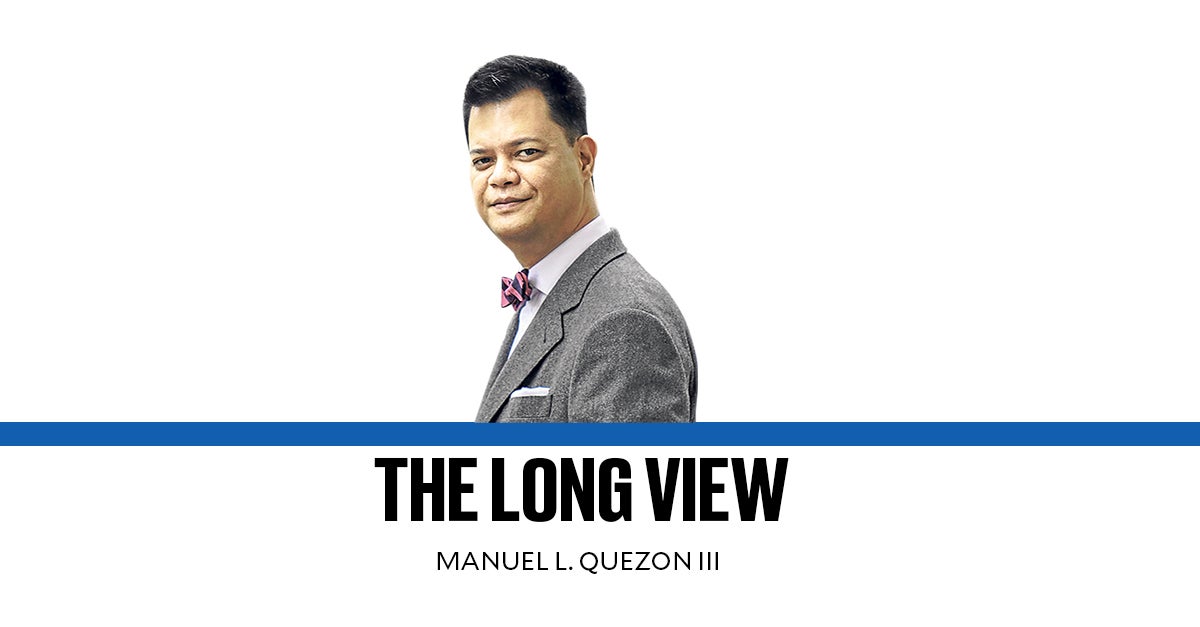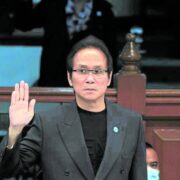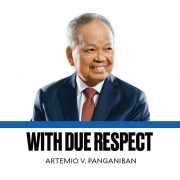A painful consensus

The story goes like this. A major network facing the renewal of its franchise found itself, as expected, the target of extortion from representatives. Management replied that instead of doling out cash to each congressman, they could enjoy an “x-deal” instead for airtime. The lawmakers bluntly replied that national broadcasters had little to no impact on their districts, and that they’d take cash, thank you very much. The network decided it would help elect the next president, and, in a more politically conducive atmosphere, obtain its franchise then. But its candidate lost, and the rest is history.
Whether true or not, the story is instructive because it suggests a fundamental difference between locally elected congressmen and nationally elected senators. Senators require one of two (but preferably both) things to have a chance: celebrity or money. Congressmen, on the other hand, if unable or unwilling to actually earn the affection of their constituents, are local barons for whom guns, goons, and gold will suffice. To be sure, there is local media too, but that’s why one of the most plentiful types of local media owners are politicians, while one of the most life-threatening vocations is to be in local media.
National media used to form national opinion, and when that turned, it could mean immediate political extinction: still within living memory was the mass extinction event which claimed the careers of Nikki Coseteng, Tessie Aquino Oreta, and Kit Tatad, to name just three. As national news media and, relatedly, mass media have weakened (losing audiences and public trust), impunity among the local barons has increased. Social media filled the space in people’s hearts and minds, and for a long time, it was materialism, regardless of either the origins of wealth or the manner in which it was flaunted, that ruled the roost. Until, of course, today’s heedless and hapless conspicuous consumers encountered the age-old nemesis of celebrity hubris: outrage in the face of undeniable injustice.
That something old could be so new was revealed by the time—days, an eternity according to social media’s measure—it took for flaunters and influencers alike to start taking down or making private their accounts, which became Exhibit A in the evidence of gross crimes and plunder on the part of their parents engaged in government contracts.
National candidates are increasingly getting older and simply take turns seeking office after their term limits expire, because it is getting increasingly difficult for anyone younger to achieve the national stature the senatorial office requires. They understand the power and the limits of public opinion: it can take you down, but it can also help you climb back up; the antidote to public outrage being a committed fandom conditioned by social media to disbelieve even the most damning evidence of wrongdoing.
Now comes this moment of combustible national rage. As I asked last week, a race is on to harness it, channel it, and benefit from it to break the current political divide.
The Left and Right attacks are different, but unite on the same point that relies on the short-term memory of the public: nothing, they both argue, has changed, which ignores the extent things have changed so much that what came before has now been forgotten.
The Right argues furthermore that People Power is merely a tool of the rich in cynical alliance with communists and that it’s all a scam.
The extreme Left asserts one of two things: that 1986 was not peaceful (some people were killed, shot, or lynched in February) or the culmination of repeated violent upheavals, or that its peaceful nature was a mistake. Here, Exhibit A is the late Lino Brocka and his view that the Marcoses should have been executed (a member of the 1986 Constitutional Commission; he resigned from it before the draft constitution was approved). This view looks enviously at the violence in Jakarta and Nepal and condemns criticism of the destruction and lynchings as either squeamishness or outright treason.
The bulwark against things being taken to extremes is the Catholic and other Christian churches, which have defined the terms of engagement for Sept. 21. It has taken a generation for this kind of moral leadership to be successful again.
To repeat: 2006 marked the end of the era of People Power, which couldn’t survive the loss of Cardinal Sin (no prelate since dared to publicly deprive an administration of the Mandate of Heaven), or a generational change in the armed forces which set aside the adventurism of the past, and which fractured civil society, already weakened by Edsa Dos and Tres.
The social contract with the Aquinos was broken because of the public’s disappointment over former president Benigno Aquino Jr. not greeting the remains of the Special Action Forces commandos killed at Mamasapano. I have previously called this The Great Divorce: a fractured civil society has found it difficult to coalesce, much less reach a consensus on what to do.
What is interesting about Sept. 21 is the absence of towering, and thus, defining personalities, and instead, the prevalence of a consensus broad enough to bring the young and old and radical and conservative together in an act of collective risk-taking seldom seen since 2016. Once more, the question: Can the center hold?





















Uprisings in Sri Lanka, Bangladesh, and Nepal